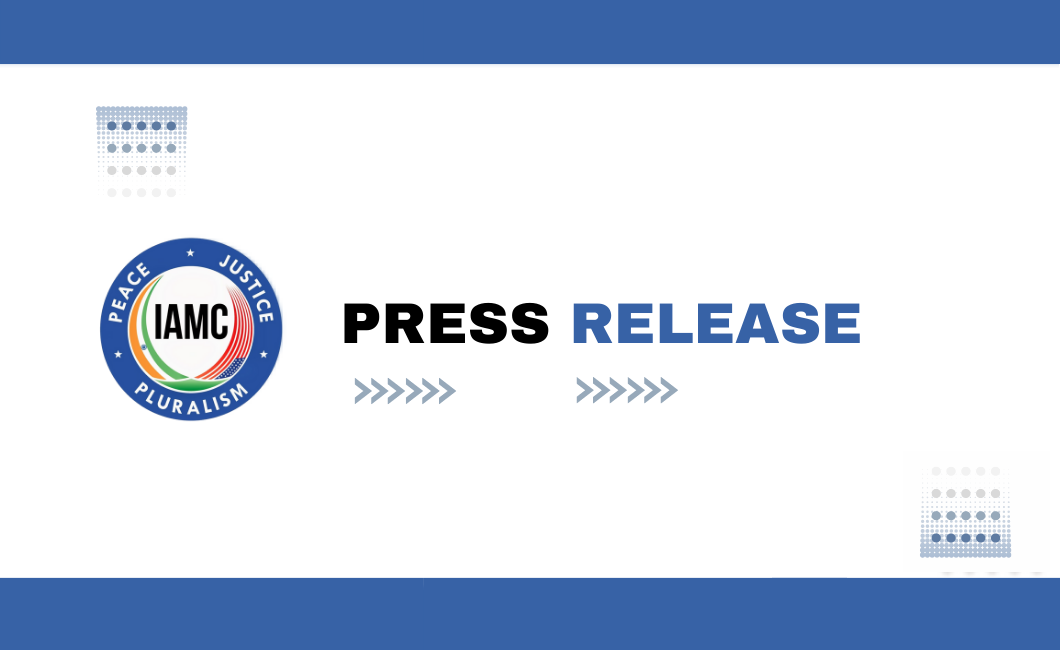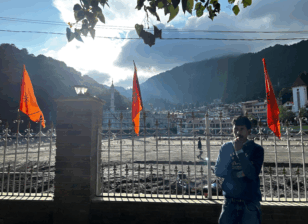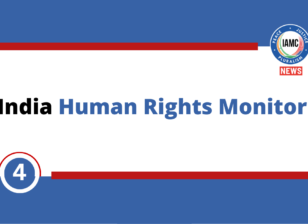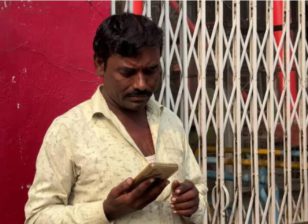Five Years After Article 370’s Revocation, Kashmiris Face Escalating Human Rights Violations
Washington, D.C. (August 5, 2024) – The Indian American Muslim Council (IAMC) today strongly condemned the ongoing and escalating human rights abuses perpetrated by Prime Minister Narendra Modi’s far-right Bharatiya Janata Party (BJP) led government in Jammu and Kashmir. Five years have passed since the Modi regime revoked the region’s semi-autonomous status and redoubled military suppression of its people, leading to severe and widespread violations of human rights.
On August 5, 2019, the Modi regime abrogated Article 370 of the Indian constitution, which allowed Muslim-majority Kashmir to maintain semi-autonomy, and enforced a military crackdown on the region, resulting in Kashmiris being subjected to increased government surveillance, wanton arrests, internet blackouts, killings in fake encounters, torture by army personnel, suppression of peaceful critics and protesters, closure of mosques, and other human rights abuses. The Modi government has also specifically targeted Kashmiri journalists and human rights defenders with arrests under the Unlawful Activities Prevention Act (UAPA), India’s draconian anti-terror law.
“It has now been half a decade since the revocation of Article 370, and the repression of Kashmiris has only worsened under Modi’s direct rule of the region. There have been no elections, and the region continues to remain stripped of its statehood,” said IAMC President Mohammed Jawad. “It is imperative that the international community holds the Modi government accountable for these violations and ensures the protection of the fundamental rights of the Kashmiri people.”
Since the beginning of 2024, the Indian government has only increased its persecution of Kashmiris. Human Rights Watch deputy Asia director Meenakshi Ganguly reported in July that “Indian authorities insist that violence has been contained in Jammu and Kashmir, but in five years they have done little to end the government assault on fundamental freedoms. Kashmiris are unable to exercise their right to free expression, association, and peaceful assembly because they fear they will be arrested, thrown in prison without trial for months, even years.”
Earlier this year, the Modi government introduced an alarming new policy known as the Local Bodies Laws (Amendment) Bill, which would further disenfranchise Kashmiri Muslims by offering government reservations to pro-BJP and upper-caste ethnic groups in the region. The government then imposed an internet shutdown in Kashmir’s Poonch and Rajouri districts after civilians held protests against the bill.
In February, the Caravan Magazine, an Indian news portal, published a deeply concerning article titled “Screams from the Army Post: The Indian Armyʼs torture and murder of civilians in a restive Jammu,” which detailed atrocities “reminiscent of the videos of torture and prison abuse by the United States army… [in] Abu Ghraib in Iraq.” Shortly after the article was published, the Modi government forced the Caravan to take it down.
Meanwhile, prominent Kashmiri activists remain imprisoned. On March 20, senior Kashmiri journalist and human rights defender Irfan Mehraj completed his first year in jail after being arrested under baseless terrorism charges by the Indian government. Similarly, decorated human rights defender Khurram Parvez remained imprisoned for a second year under false terrorism charges despite the fact that United Nations experts have called for his release.
“The Modi government must immediately cease its brutal military crackdown on the region, free all political prisoners, and achieve peace by working with – not against – the Kashmiri people,” Jawad added.




